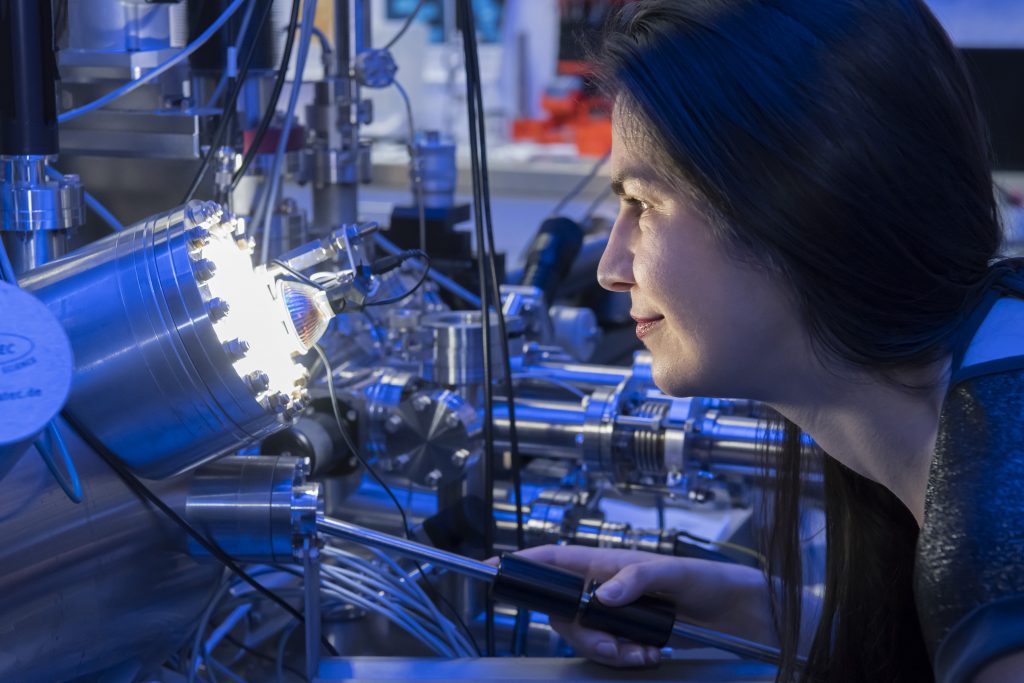Almost two years ago I applied, and had a chance, to curate the @RealSci_Nano Twitter account. At the time, I was a postdoc at KTH in Stockholm and it was in the middle of (one of the early) COVID lockdowns, so I saw this opportunity as an excellent way to do some outreach, and connect with colleagues within and outside my own field. Plus, the registration process is super simple, as you only need to fill in an application form!
As an introduction to my week of curating, I was interviewed for a podcast (Supercool Electrons in 2D Materials), where I got to answer a couple of questions, including three wishes I would make to improve my research experience. Well, one of those three wishes, namely that of having a more permanent position, recently came true! I’m very happy to let you know that as of February 1st, I’m a tenure track assistant professor at the University of Groningen, specialising in “Experimental Nanophysics with Advanced Spectroscopic and Structural Analysis Methods”. My group (group pages are still under construction) will be part of a larger group that focuses on studying surfaces, thin films and interfaces. For my part, I’ll be setting up a lab for angle-resolved photoemission spectroscopy (ARPES), with the goal of expanding it with a time dimension into a time-resolved ARPES lab. The focus of my work will be on the electronic structure of 2D and quantum materials, in particular ones with interesting magnetic and topological properties, and their behaviour when they are perturbed from their equilibrium. Soon, I will also be looking for students to join my group.

Besides this, I will also start lecturing next spring, which I am really excited about, as my main course will be Surfaces & Interfaces – basically the course I wished to teach in the RealSci_Nano podcast interview! I’ve also joined a curriculum committee, hoping to quickly learn more about teaching practices at the University of Groningen. It is the first university committee I’ve ever been a part of, and it is a steep learning curve, but well worth my time. I will also soon start learning Dutch (in a slightly more focused manner than Duolingo), so if anyone has any good advice on how to learn it faster, feel free to let me know. 🙂
Besides all of this, I am looking forward to meeting my colleagues in the Netherlands, and starting up projects and collaborations within, but also outside of the Netherlands. If you have a material you think it would be interesting to study with ARPES, or some other surface technique, drop me a line and maybe we can do a project together!
